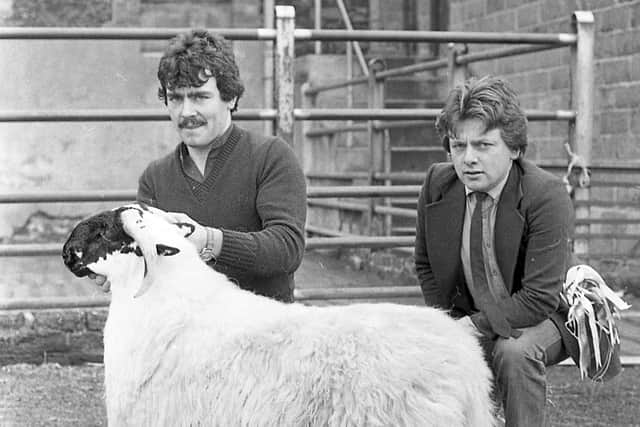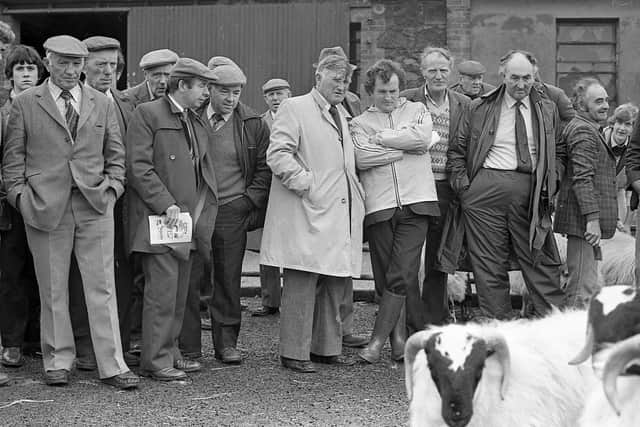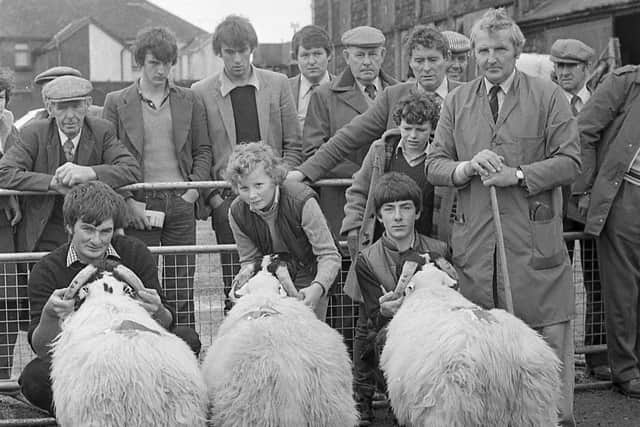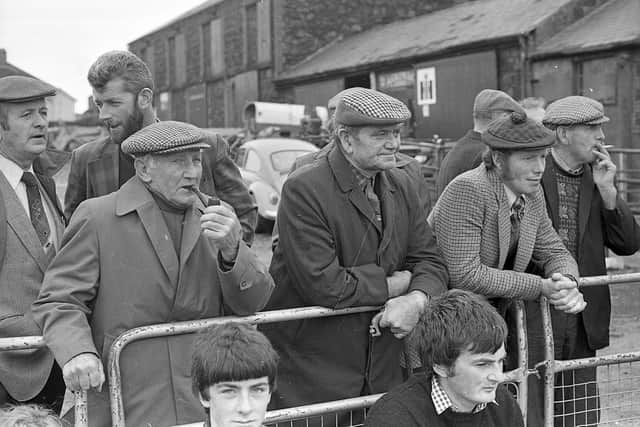Bygone Days: Egg marketing scheme to be applied to Ulster Stormont agrees (1956)
and live on Freeview channel 276
Moving the motion in the Commons, the Minister of Agriculture (Mr Moore) said that the scheme provided for the setting up of a provisional board consisting 17 named persons (four of whom would represent Northern Ireland producers) and four persons to be nominated by the Minister of Agriculture and Food.
The members on the provisional board were to remain office for at least one year and would then, “except in so far as the nominated members were concerned”, be replaced by representatives elected by registered producers Northern Ireland would also entitled to four elected representatives on the elected board.
Advertisement
Advertisement
Transport costs Mr Moore went on: “Another important point - although it is one which is not mentioned in the scheme - is that the promoters of the scheme and the members of the provisional board have already pledged themselves to pool transport costs. Including those which may be incurred in shipping eggs from Northern Ireland to Great Britain.


“There is, of course no absolute guarantee that boards elected in the future will continue this arrangement but, since its operation is ensured for the first year, there will be at least a strong moral obligation upon them to so.”
The scheme provided for the constitution a Northern Ireland Joint Consultative Committee which had to be consulted by the board before any changes in principle were made in the manner in which eggs were handled, marketed, graded, packed and transported.
The committee was to consist of chairman appointed by the Ulster Ministry of Agriculture, four persons appointed by the Northern Ireland Egg Merchants’ Association, one person appointed by the Northern Ireland Grocers’ Association, four Northern Ireland members of the board, and one other person appointed by the board.
Advertisement
Advertisement
The minister added that if the scheme was approved by the Ulster Parliament and at Westminster, then the question to whether it was to remain in force would depend upon the result of poll of registered producers throughout the United Kingdom, “which was likely to be held during the coming spring”.


Mr West (Unionist, Enniskillen) asked the House to endorse the scheme, which he described as “a genuine effort to create orderly marketing in the poultry industry”.
Dr Nixon (Unionist, North Down) opposed the scheme which, he said, would “deny the right to the small producer to deliver his eggs directly to the packing centres”.
He claimed: “The packers a 'packing' the controlling body, not the producers. This is another statutory monopoly. At the present moment unstamped eggs are making sixpence to ninepence a dozen more than stamped eggs, which is a damaging indictment of the stamped eggs.”
Peat resources in Ulster - A matter for private enterprise


Advertisement
Advertisement
The development of bogs in Northern Ireland was a matter for private enterprise, said Lieutentant- Colonel Gordon, Leader of the House, in the Ulster Senate during this week in 1956.
He was replying to Mr O’Hare, who had asked how soon the undertaking of a major development of the bogs might be expected.
Colonel Gordon said it would be contrary to government policy to enter directly into the winning and processing of peat on commercial scale.
He said: “Details are available of 30 of the largest bogs in Northern Ireland. Any proposal put forward for the development of peat resources will be encouraged to the full under government industrial development legislation.”


Young farmers weekend school opens
Advertisement
Advertisement
The Young Farmers' Clubs’ weekend school opened during this week in 1956 at Whitehead with dinner.
Miss Joan Dobbs, who presided, welcomed the members.
Colonel Cunningham, CBE, was the principal speaker.
He said that with present-day mechanisation there was a danger that the craft and real skill in farming would be lost.
He said: “It is the duty of young farmers to keep this skill. Knowledge and real skill are essential in order to make farming success.” He urged young farmers to take pride in doing a good job and said that they should teach the young generation how to “do a job right and not just “a make-do one”.
The evening ended with a musical programme provided by members of the Cairncastle Young Farmers’ Club.